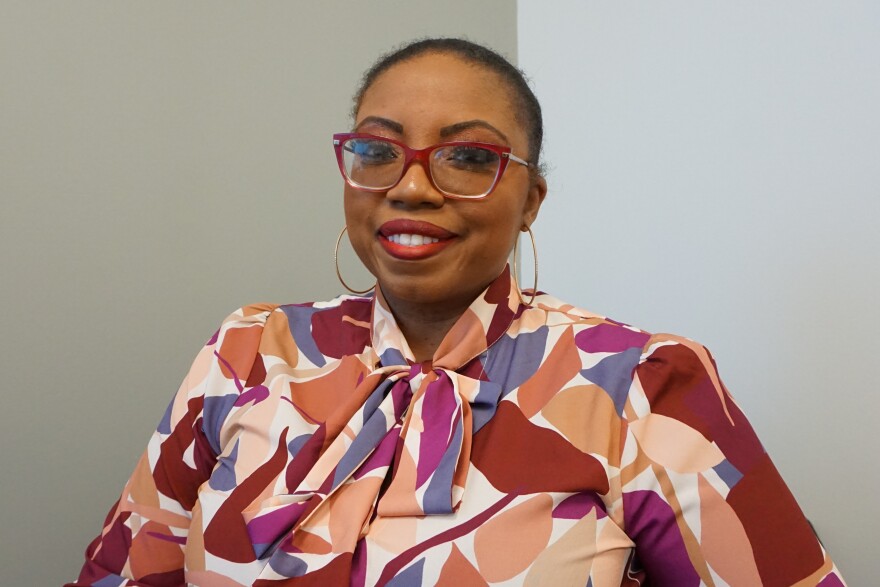In the upcoming weeks, friends and family will gather for delicious holiday meals. But sometimes, those meals turn bitter if loved ones discuss polarizing subjects. Breaking bread with someone who has very different views on politics or life can lead to tension and ruin a celebratory event.
On Monday’s St. Louis on the Air, host Don Marsh discussed the best ways to approach these holiday-time conversations with Dr. Marva Robinson, a licensed clinical psychologist with Preston & Associates Psychology Firm in St. Louis.
As a first step, Robinson recommends building in fun activities that can help ease anxieties.
“[Deep] breathing, some meditation and then inserting something fun for you as a part of that dinner tradition,” Robinson said. “… So whether that’s a game of charades, or someone leading what the topic will be, or talking about charities and donations.”
She advises to keep the “hot topics for after dinner.”
“I’m not saying totally avoid it, but you can hold it. Keep the dinner conversations about things that are personal, because it’s also a time to get to know your family,” Robinson said.
She recommends that dinner hosts set ground rules to help guide the discussions.
“The host knows that they’ve spent hours preparing for a memorable meal – and they don’t want it ruined. So if they have a safe word that’s agreed upon and they give that look or they give that safe word, then it’s time to change the subject,” she added.
Robinson stressed that discussing politics or conflicting opinions does not always have to be a bad experience, and that going in with an open mind can lead to fruitful conversations.
'I walked away feeling like this, can we talk about that?'
“It’s great, especially if you go into the conversation with the mindset of, ‘Everyone will not agree with me, so this will be my opportunity to hear and learn from people I trust and support what the opposing view is,’” she said.
It’s in these moments that Robinson said the ground rules help ensure smooth conversations. Damage to relationships occur when someone walks away from the conversation feeling unheard, invisible or hurt.
“It’s always important to remind individuals, ‘What did you love about that person before this conversation?’ And if that is strong enough to still salvage that relationship, then choose another day to go back to that individual and say, ‘I walked away feeling like this, can we talk about that?’ Because I guarantee that person didn’t realize how you felt when you walked away,” Robinson said.
St. Louis on the Air brings you the stories of St. Louis and the people who live, work and create in our region. St. Louis on the Air host Don Marsh and producers Alex Heuer, Evie Hemphill, Lara Hamdan and Xandra Ellin give you the information you need to make informed decisions and stay in touch with our diverse and vibrant St. Louis region.



